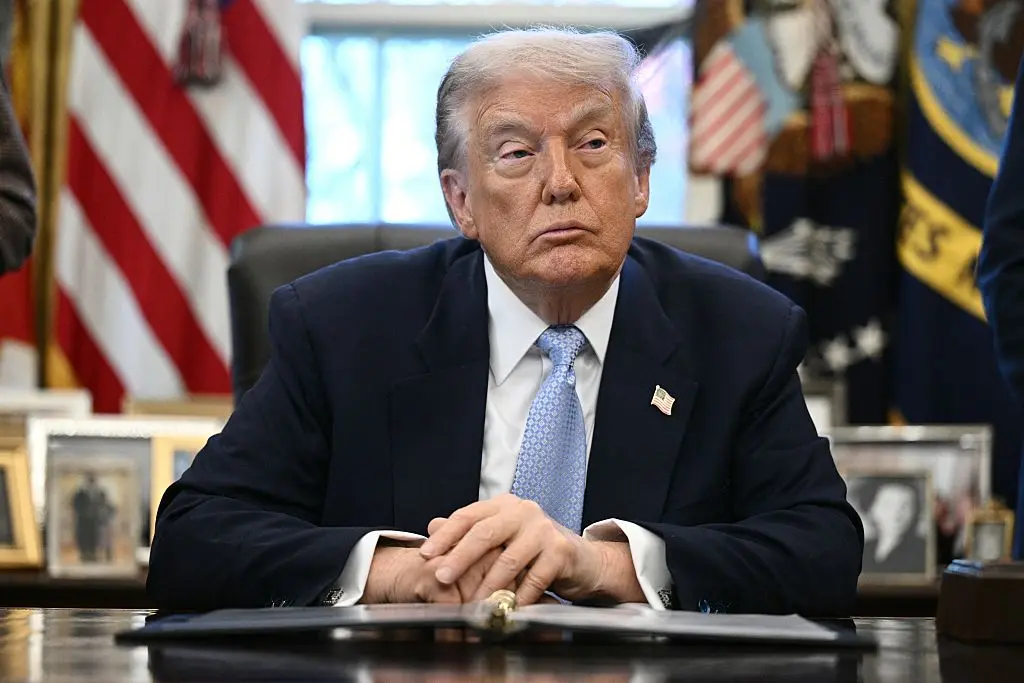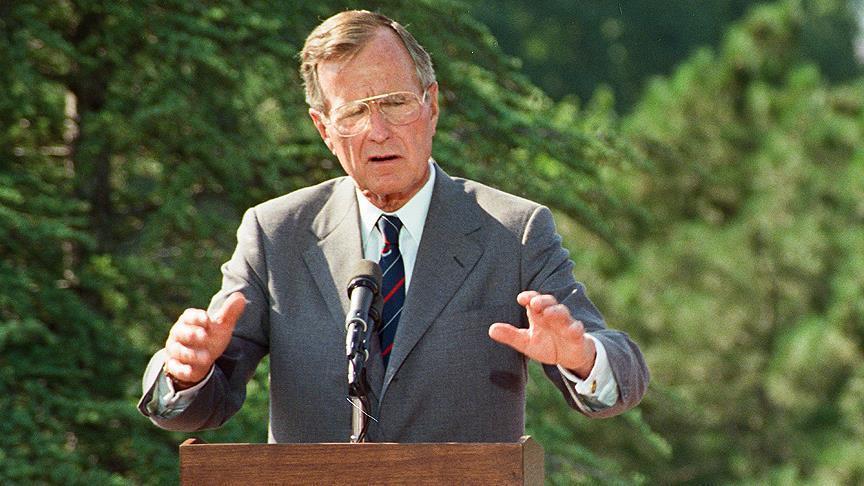
U.S. President Donald Trump has formally signed legislation mandating the release of all government records tied to the investigations of Jeffrey Epstein. The measure instructs the Justice Department to publish the materials within 30 days, marking one of the most sweeping disclosures related to the late financier. Yet, the law allows certain files to be withheld if releasing them risks ongoing investigations or violates personal privacy protections.
Trump’s shift comes after mounting pressure from Epstein’s survivors and members of his own Republican Party. With his endorsement, the bill sailed through Congress with overwhelming bipartisan support, clearing the House by a near-unanimous vote and passing the Senate by consent.
Trump reverses course
Until recently, Trump dismissed calls to release the files as a “Democrat-led hoax.” But facing political and public pressure, he changed his stance, declaring:
“Perhaps the truth about these Democrats, and their associations with Jeffrey Epstein, will soon be revealed, because I HAVE JUST SIGNED THE BILL TO RELEASE THE EPSTEIN FILES!”
A rare bipartisan vote
Although a presidential order alone could have released the documents, lawmakers moved ahead with legislation. The House approved it 427-1, and the Senate passed it unanimously, signaling broad political consensus for transparency in the case.
What the files include
The legislation covers extensive investigative material, including:
- Interview transcripts from victims and witnesses
- Evidence seized in raids on Epstein’s properties
- Internal Justice Department communications
- Flight logs
Names of individuals and entities linked to Epstein
These files differ from the 20,000 pages of Epstein estate documents Congress released last week, some of which referenced Trump directly.
Trump: “This is a Democrat problem”
Though he once socialized with Epstein, Trump insists he cut ties in the early 2000s and denies any connection to Epstein’s crimes. Speaking to reporters, he said, “Republicans have nothing to do with Epstein. It’s really a Democrat problem.”
Survivors call move ‘historic’
The family of Virginia Giuffre — a prominent Epstein accuser who died earlier this year — called Trump’s action “nothing short of monumental.”
“Every name must be revealed, regardless of wealth, status or political power,” the family said.
Epstein case back in the spotlight
Epstein died in 2019 in a Manhattan jail in what was ruled a suicide while awaiting trial for sex trafficking. His circle included major figures across politics, academia and media, from Prince Andrew to Steve Bannon.
Former Harvard president Larry Summers recently stepped aside from teaching duties as the university reviews his correspondence with Epstein.
Will the files be fully public?
Under the law, Attorney General Pam Bondi must release all unclassified materials but may redact or withhold portions that:
Jeopardize active federal investigations
Reveal the identities of victims
Breach personal privacy safeguards
One of the bill’s sponsors, Congressman Thomas Massie, cautioned:
“My concern is that new investigations could be used as a reason not to release certain files.”


